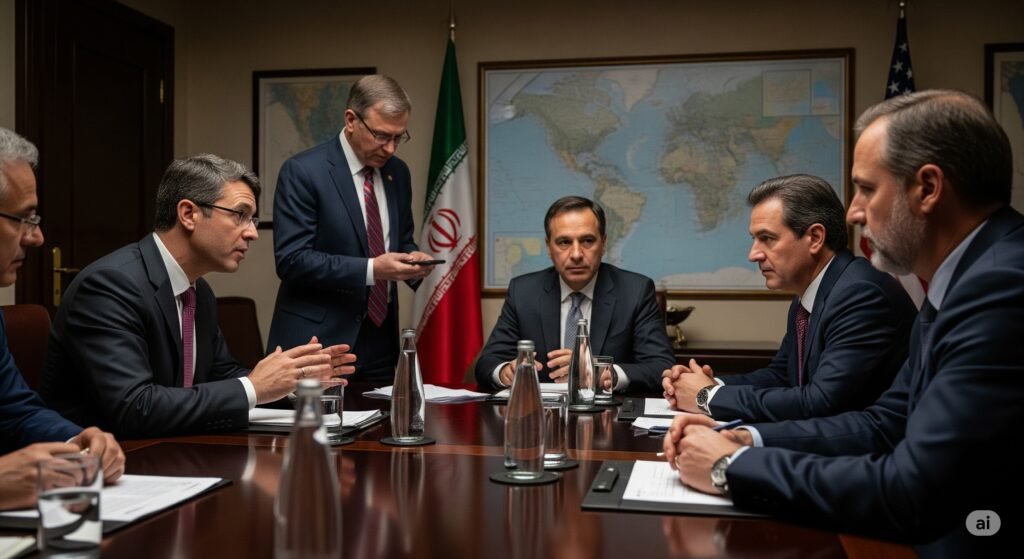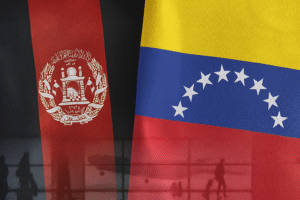Tensions between the US and Iran are escalating. We delve into the recent developments and what they could mean for the future of this complex relationship.
The relationship between the United States and Iran has long been a source of global concern. Recent events, particularly statements made through social media, have once again brought this complex dynamic into sharp focus. Understanding the nuances of this situation is crucial for American citizens as it carries significant implications for international stability and our nation’s role in the world.
Social Media as a Global Stage
In today’s interconnected world, social media platforms have become powerful tools for communication, even on the international stage. Leaders can now directly address global audiences, and their messages, regardless of platform, carry weight. Recent exchanges and warnings issued through these channels highlight the immediacy and potential volatility of modern diplomacy. It’s a stark reminder that words, especially from influential figures, can have far-reaching consequences.
Unconditional Surrender: A Firm Stance
The phrase “unconditional surrender” carries significant historical weight, often associated with decisive military victories in past conflicts. Its use in the context of current US-Iran relations signals a hardening of stance. For Americans, this kind of language might evoke memories of World War II and the clear demands made of opposing powers. However, in the present geopolitical landscape, such pronouncements can be interpreted in various ways and may be seen as escalatory.
Implications of Escalating Rhetoric
When diplomatic language becomes more assertive, it naturally raises concerns about potential conflict. Here are a few points to consider:
- Increased Mistrust: Strong rhetoric can further erode any existing trust between nations, making diplomatic solutions more challenging to achieve.
- Risk of Miscalculation: In tense situations, misinterpretations of statements or actions can lead to unintended escalations.
- Domestic Political Impact: Such pronouncements can often resonate with domestic audiences, potentially influencing political dynamics within both countries.
- International Alliances: The stance taken by the US can also impact its relationships with allies and other global powers who may have different perspectives on the Iran issue.
Navigating a Complex Relationship
The history between the United States and Iran is intricate, marked by periods of cooperation and significant tension. Understanding this historical context is vital when analyzing current events. For Americans, it’s important to stay informed about the various factors at play, including:
- Nuclear Program: Iran’s nuclear ambitions have been a central point of contention for years.
- Regional Influence: Both nations have significant influence in the Middle East, often supporting opposing sides in regional conflicts.
- Economic Sanctions: The US has employed various economic sanctions against Iran in an effort to influence its policies.
Moving forward, a nuanced understanding of this complex relationship is crucial. While strong stances may be seen as displays of resolve, careful diplomacy and clear communication are essential to avoid unintended consequences and work towards a more stable future. The international community watches closely, hoping for a path that de-escalates tensions and fosters dialogue.












